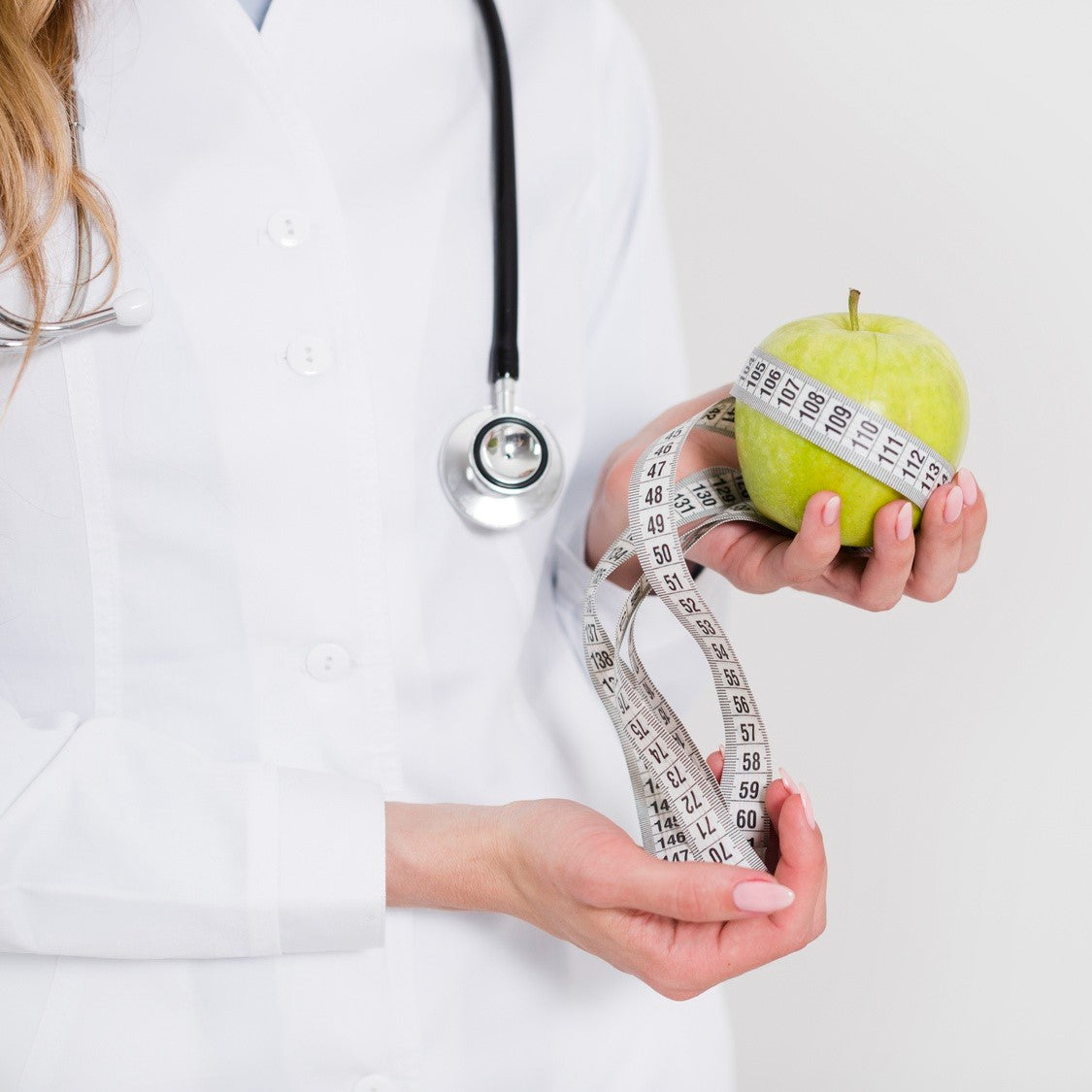
Nutrition for Women’s Health: Essential Nutrients and Vitamins
Million's SmileShare
Nutrition plays a vital role in overall health and well-being, especially for women who have unique dietary needs throughout different life stages. From adolescence to menopause, women must ensure they are getting the right balance of nutrients to support their bodies. This blog will explore essential nutrients and vitamins important for women’s health and provide tips on how to incorporate them into your diet.
Key Nutrients for Women
-
Iron
- Importance: Iron is crucial for producing hemoglobin, which carries oxygen in the blood. Women need higher iron levels due to menstruation and the risk of anemia.
- Sources: Include lean meats, fish, beans, lentils, spinach, and fortified cereals in your diet. Pairing iron-rich foods with vitamin C (like citrus fruits) can enhance absorption.
-
Calcium
- Importance: Calcium is essential for maintaining strong bones and teeth. Women are at a higher risk of osteoporosis, especially post-menopause.
- Sources: Dairy products (milk, yogurt, cheese), leafy greens (kale, broccoli), almonds, and fortified plant-based milk are excellent calcium sources.
-
Vitamin D
- Importance: Vitamin D helps the body absorb calcium and supports immune function. It also plays a role in mood regulation.
- Sources: Sun exposure is a natural source of vitamin D. Foods like fatty fish (salmon, mackerel), fortified milk, and egg yolks can also help you meet your needs. Consider supplements if you have limited sun exposure.
-
Folate (Vitamin B9)
- Importance: Folate is vital for cell division and is especially important during pregnancy to prevent neural tube defects.
- Sources: Dark leafy greens, legumes, nuts, seeds, and fortified cereals are rich in folate. Women of childbearing age should aim to meet their folate needs through diet and supplements.
-
Omega-3 Fatty Acids
- Importance: Omega-3s support heart health, brain function, and may reduce inflammation. They can also help alleviate menstrual pain.
- Sources: Fatty fish (like salmon and sardines), flaxseeds, chia seeds, and walnuts are excellent sources of omega-3 fatty acids.
-
Magnesium
- Importance: Magnesium supports muscle and nerve function, helps regulate blood sugar levels, and is involved in bone health.
- Sources: Nuts (especially almonds), seeds, whole grains, legumes, and leafy green vegetables are good sources of magnesium.
-
Fiber
- Importance: A high-fiber diet can help maintain digestive health, regulate blood sugar levels, and support heart health. It may also aid in weight management.
- Sources: Whole grains, fruits, vegetables, legumes, and nuts are excellent sources of dietary fiber.
Tips for a Balanced Diet
-
Eat a Variety of Foods:
- Incorporate a wide range of foods in your diet to ensure you’re getting all essential nutrients. Aim for a colorful plate with different fruits and vegetables.
-
Plan Balanced Meals:
- Include a source of protein, healthy fats, and whole grains at every meal. This balance can help regulate blood sugar and keep you feeling full.
-
Stay Hydrated:
- Drinking plenty of water is essential for overall health. Aim for at least 8 cups of water daily, adjusting based on activity level and climate.
-
Limit Processed Foods:
- Reduce the intake of processed foods high in sugar, unhealthy fats, and sodium. Focus on whole foods for better nutrition.
-
Mindful Eating:
- Practice mindful eating by paying attention to your hunger cues and savoring each bite. This practice can improve digestion and promote a healthy relationship with food.
-
Consider Supplements:
- If you struggle to meet your nutritional needs through diet alone, consult a healthcare provider about the potential benefits of supplements.
Conclusion
Proper nutrition is essential for women’s health at every stage of life. By understanding and incorporating key nutrients into your diet, you can support your body’s needs and enhance your overall well-being. Remember, a balanced diet rich in whole foods is the foundation for a healthy lifestyle. If you have specific dietary concerns or health issues, consult a healthcare professional or registered dietitian for personalized guidance.
